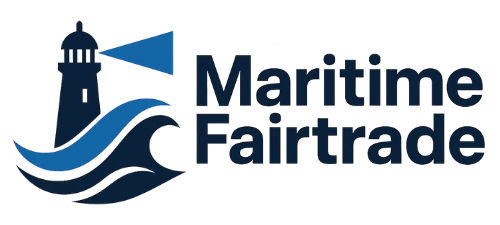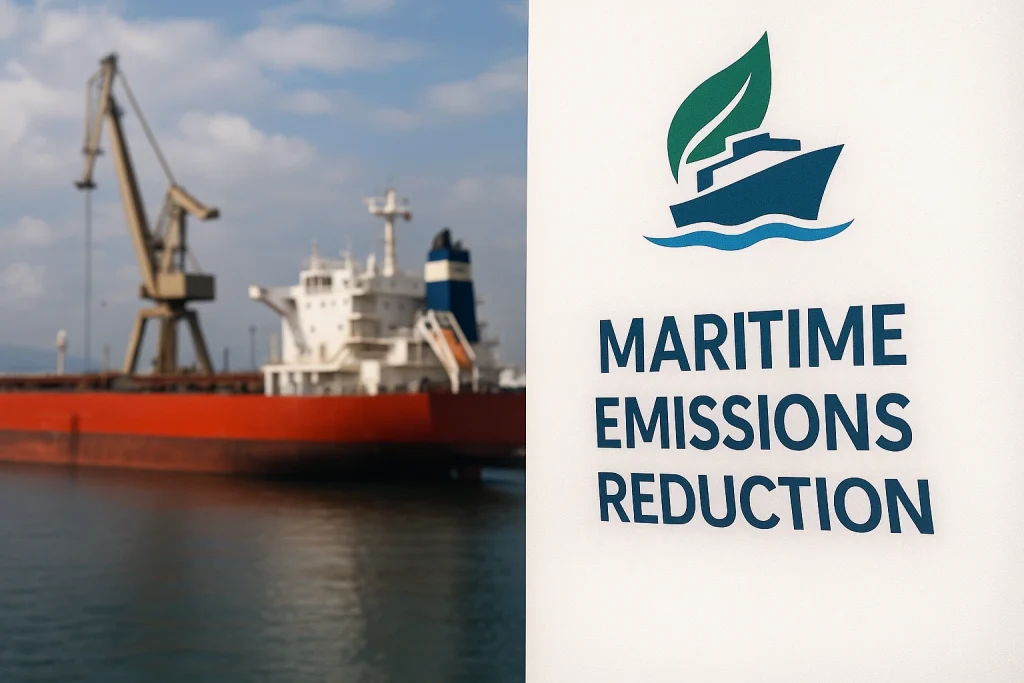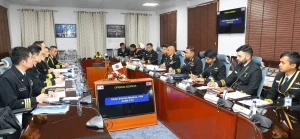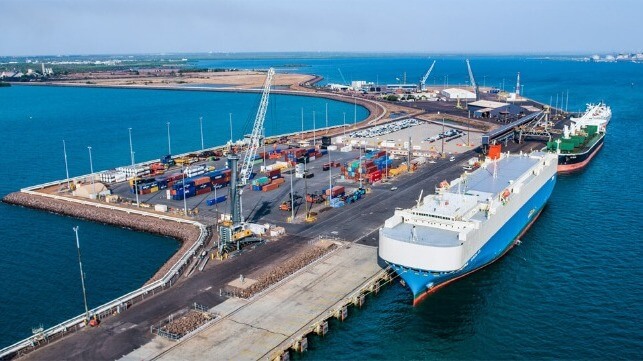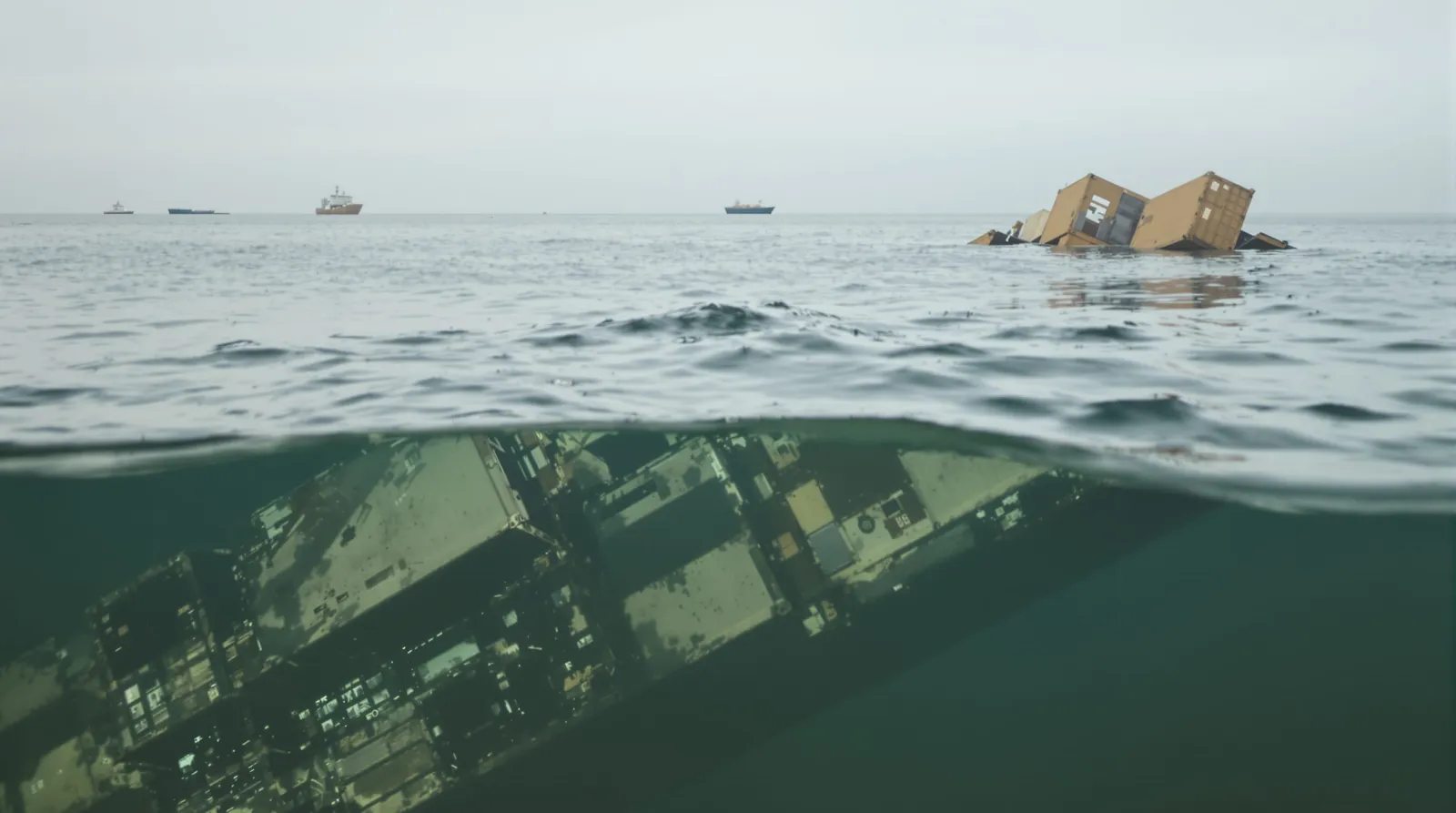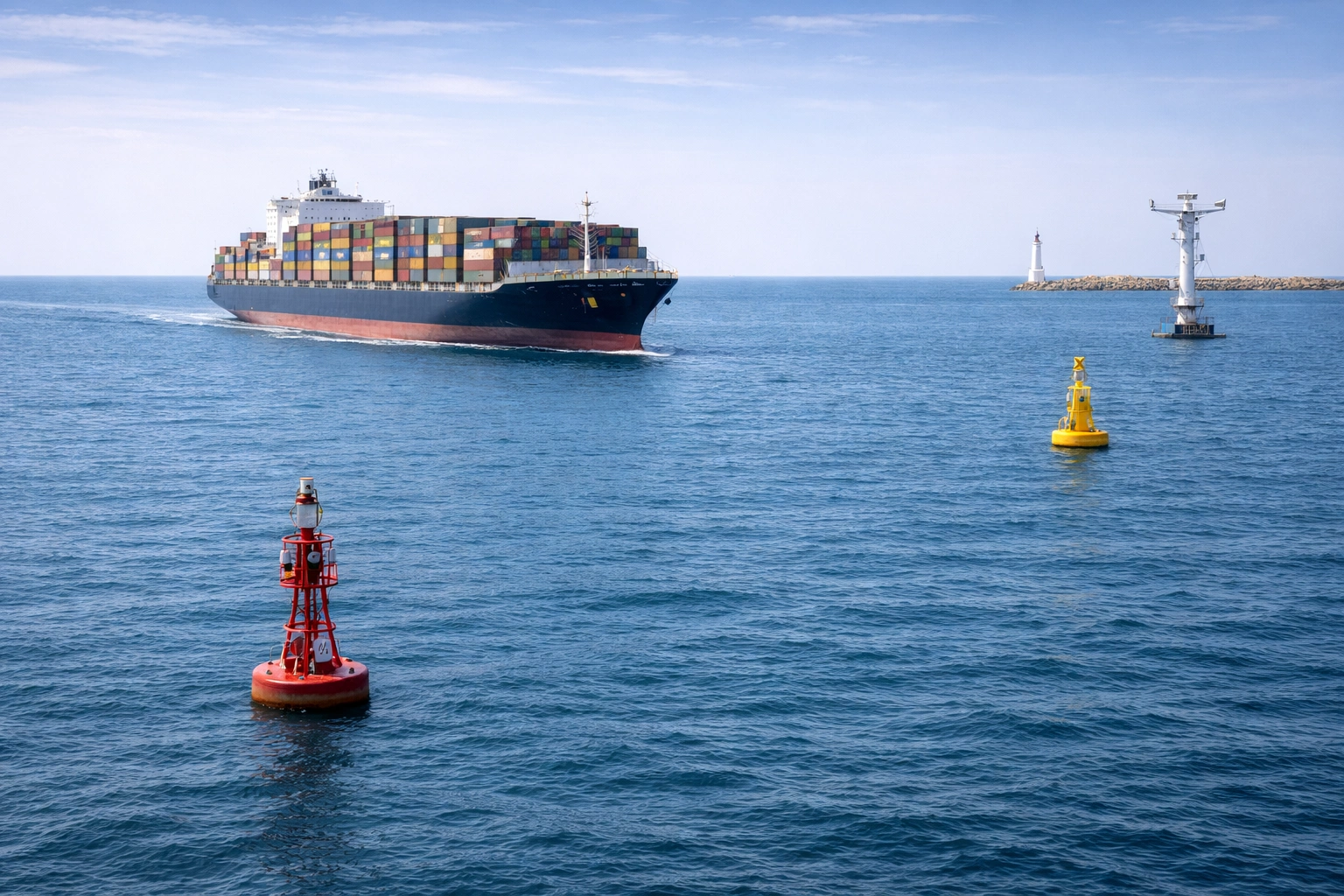The Lloyd’s Register (LR) Maritime Decarbonization Hub has entered into a collaboration with several prominent Greek shipowners, including Capital Group, Navios Maritime Partners, Neda Maritime Agency, Star Bulk, and Thenamaris, to establish the Maritime Emissions Reduction Centre (M-ERC). This initiative aims to enhance the efficiency of the existing maritime fleet and is focused on addressing the technical, investment, and community barriers that hinder the reduction of greenhouse gas (GHG) emissions across the global shipping industry.
The M-ERC is designed to provide a collaborative environment—a ‘safe space’—for stakeholders in the maritime value chain. Its mission is to facilitate the adoption of both existing and innovative solutions that will help navigate the path toward net zero emissions. Through applied research and innovation, the center aims to alleviate uncertainties and obstacles, enabling the maritime sector to adopt energy-efficient technologies and practices promptly.
Moreover, the M-ERC is positioned to promote operational gains by pinpointing and mitigating commercial barriers faced by stakeholders. It will also ensure that current ships are adequately prepared for the energy transition, equipping industry professionals with the necessary training and skills to adapt to these changes.
Key stakeholders, including shipyards and original equipment manufacturers (OEMs), will collaborate with the center to foster research and promote innovation across the industry. Nick Brown, CEO of Lloyd’s Register, emphasized the urgent need for efficiency within the current fleet, stating that exploring every potential efficiency gain is critical to achieve the International Maritime Organization’s (IMO) target of a 30% reduction in emissions by 2030.
Evangelos Marinakis, Chairman and Founder of Capital Maritime & Trading Corp., expressed pride in being part of this alliance, highlighting the collective effort needed to tackle the challenge of energy transition in shipping. He underscored the M-ERC’s role as a platform for research and innovation, aiming to create a feasible and sustainable decarbonization pathway for the maritime fleet.
Angeliki Frangou, Chairwoman and CEO of Navios Maritime Partners LP, reiterated the company’s commitment to investigating novel technologies for reducing carbon emissions. She viewed participation in the M-ERC as a proactive step towards addressing this complex issue.
Charis Plakantonaki, Chief Strategy Officer at Star Bulk Carriers Corp., reflected on the significance of this collaboration, characterizing it as a commitment to sustainable change and recognizing Athens as a vital global maritime hub. The initiative capitalizes on Greece’s rich shipping heritage to enhance the energy efficiency of the international fleet and lessen the industry’s carbon footprint.
In addition to fostering collaboration within the industry, the M-ERC will work towards attracting additional global and regional funding to support its projects and initiatives. Stakeholders in the shipping sector are expected to join this ongoing initiative in the coming months, further amplifying the efforts to advance maritime decarbonization. Through these united efforts, the M-ERC aspires to lead the maritime industry toward a more sustainable and environmentally responsible future.
Source link
